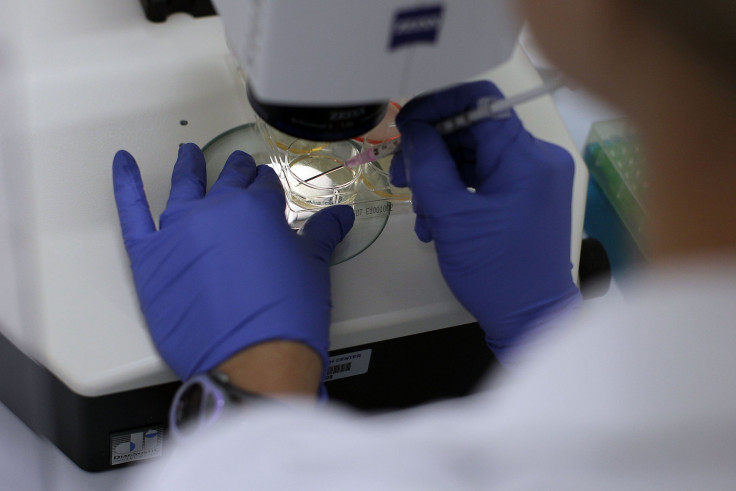What Causes Schizophrenia? Genetics Could Increase Risk

A new study suggests that there is a link between schizophrenia and an individual's genetics. Nearly 80 percent of people may be at risk for schizophrenia because of their genetics, the study reported. The study's researchers also proved that environmental factors can contribute to the risk of acquiring the mental disorder, too.
The study, titled "Heritability of Schizophrenia and Schizophrenia Spectrum Based on the Nationwide Danish Twin Register," was published in "Biological Psychiatry." It shared updated heritability predictions based on nationwide data in Denmark. Danish researchers at the University of Copenhagen, Denmark, concluded its results by examining a sample of twins born between 1951 and 2000.
"The new estimate of heritability of schizophrenia, 79 percent, is very close to the high end of prior estimates of its heritability," Dr. John Krystal, the Editor of Biological Psychiatry, said in a Thursday news release referring to previous estimates. "It supports the intensive efforts in place to try to identify the genes contributing to the risk for developing schizophrenia."
Schizophrenia is both a chronic and mental disorder that has the ability to affect the ways in which a person thinks, feels and behaves on a daily basis. It can affect men and women equally, as it occurs at similar rates among all ethnic groups. The disorder is not as common as others of its caliber, including bipolar disorder. There is not a cure available now, but schizophrenia is treatable through medication and psychosocial therapies.
The National Institute of Mental Health (NIMH) listed the varying factors that contribute to the risk of schizophrenia. Genetics was listed as a contributing factor alongside environment, brain chemistry, brain structure and brain development. NIMH did not list the percentage that an individual's genetics could put them at risk for the disorder, but the Danish researcher's study did.
"Scientists have long known that schizophrenia sometimes runs in families," NIMH wrote on its website. "There are many people who have schizophrenia who don’t have a family member with the disorder and conversely, many people with one or more family members with the disorder who do not develop it themselves."
This study has been said to be the largest twin examination to date. More than 31,000 pairs of twins were examined for the study and were closely followed by the research team until June 1, 2011. While researchers found that environment also carries its own risk factors, several reports indicated that genetic risk proved to be much stronger.
"This study is now the most comprehensive and thorough estimate of the heritability of schizophrenia and its diagnostic diversity," Dr. Rikke Hilker, a researcher who worked on the study, said in a Thursday news release. "It is interesting since it indicates that the genetic risk for disease seems to be of almost equal importance across the spectrum of schizophrenia."
Hilker added, "Genetic risk seems not restricted to a narrow illness definition, but instead includes a broader diagnostic profile."
A representative from the study did not immediately return International Business Times' request for comment.
© Copyright IBTimes 2024. All rights reserved.





















